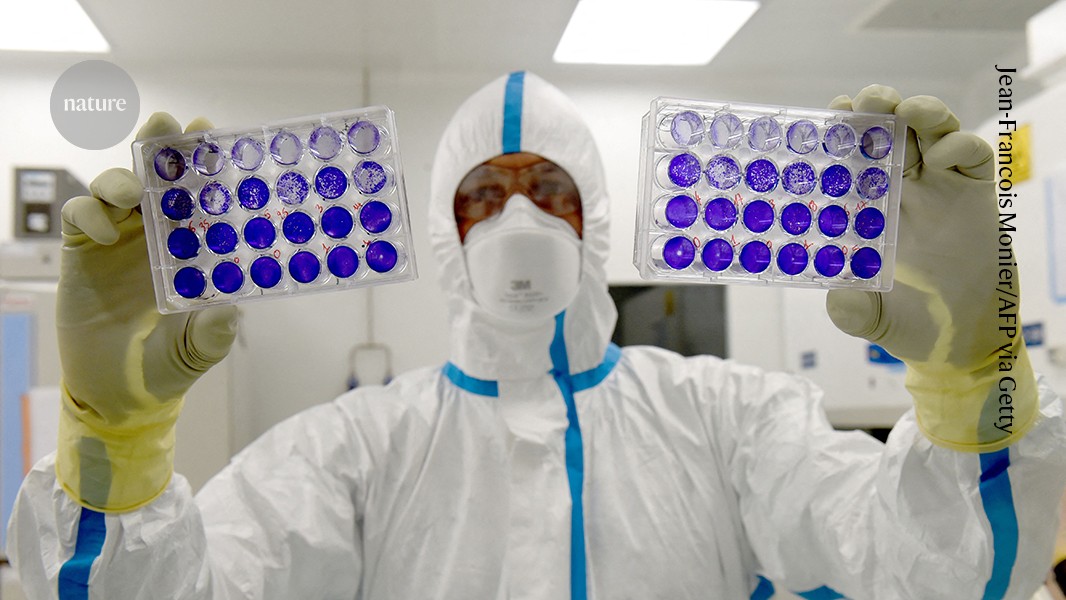
"In an opinion piece published in The New York Times in March, two leading virologists argued that experiments on a coronavirus found in bats and similar to those that cause Middle East respiratory syndrome (MERS) had been conducted without sufficient safety measures. The experiments involved infecting human cells with the live bat virus to see how the virus behaved."
"In our view, this work and the discussion it has provoked highlights a broader and growing problem that the entire virology community needs to address. On the one hand, the threat posed by emerging infectious diseases is growing, (see 'A growing threat'), making investigations of potentially dangerous viruses more important. On the other hand, since the COVID-19 pandemic, trust in virology and science more broadly has declined and work on viruses has become more politicized."
Researchers infected human cells with a live bat coronavirus related to MERS to observe viral behavior. Many countries require such work to occur in BSL-3 or BSL-4 facilities, but Chinese teams of 25 researchers across seven institutions conducted the experiments with BSL-2 procedures while using a negative-pressure ventilation system. Emerging infectious diseases present growing threats, increasing the importance of investigations of potentially dangerous viruses. Confidence in virology and broader science has declined since the COVID-19 pandemic, and viral research has become politicized. International, standardized, transparent biosafety guidance is urgently needed to rebuild trust and ensure safe essential virology research.
Read at Nature
Unable to calculate read time
Collection
[
|
...
]